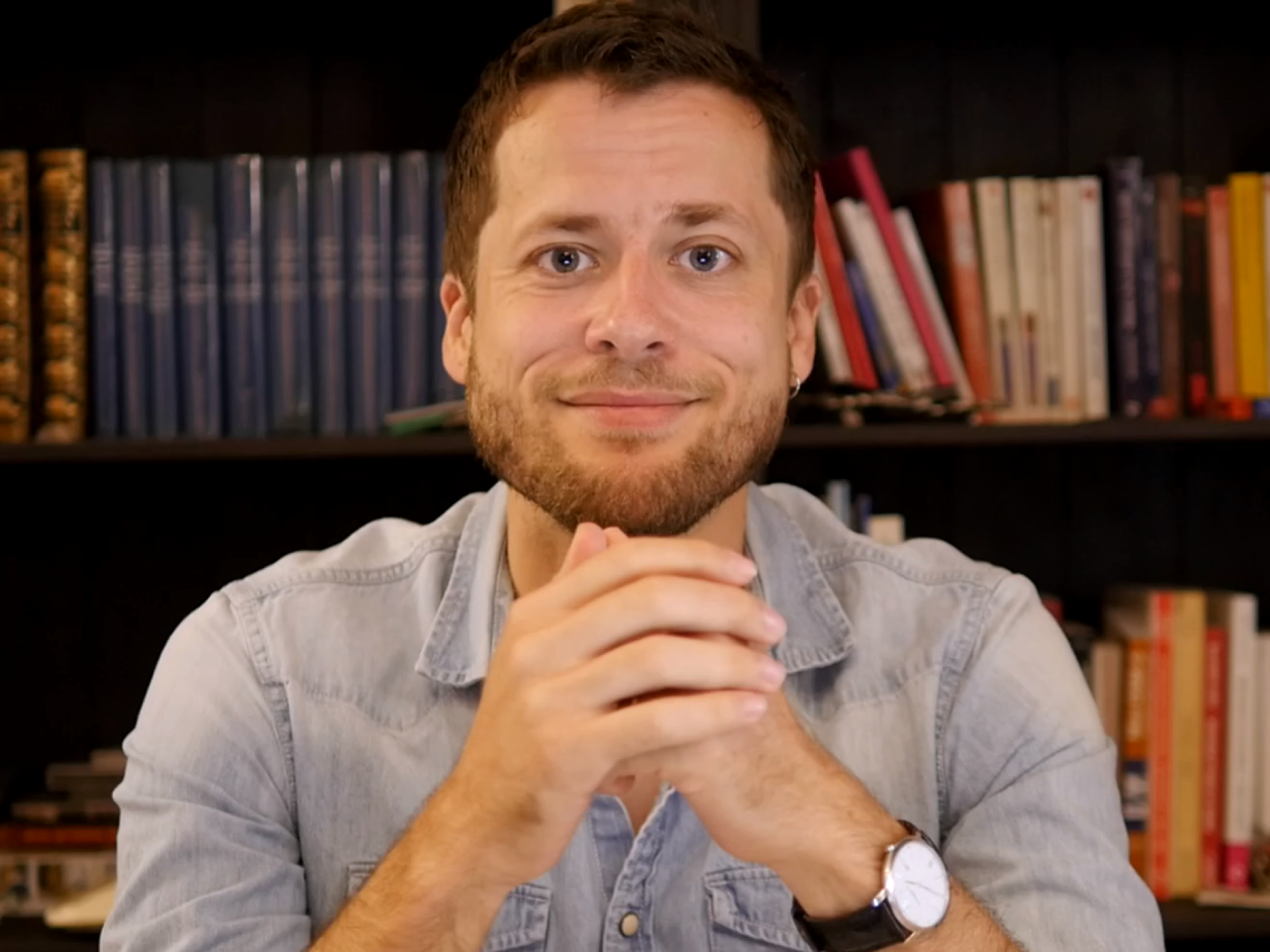Think of chronic pain as a distorted reality; a misinterpretation. We all experience the world through our senses, serving as the foundation for our reality. Now imagine this reality being persistently invaded by pain. This is the world of someone suffering from chronic pain. But what if we could reshape this reality, recalibrate our brain’s interpretation of pain?
The Gate Control Theory helps us understand this potential. This theory proposes the existence of a ‘gate’ in our spinal cord that regulates pain signals sent to the brain. It’s not a physical gate, but a mechanism controlled by our thoughts, feelings, attention, and muscle state. Hypnotherapy, armed with techniques like progressive muscle relaxation and visualisation, offers a promising way to ‘close’ this gate, leading to reduced pain perception.
Picture progressive muscle relaxation as a cognitive strategy akin to positive thinking or problem-solving. It involves sequentially tensing and relaxing each muscle group, guiding the body towards a relaxed state. This physical relaxation can then ‘close’ the pain gate, altering the pain signals received by the brain. This strategy not only tackles the physical aspect of pain but also reduces stress and anxiety, further mitigating pain perception.
Now, let’s talk about visualisation. Our brains are designed to remember, imagine, and emote. These tools allow the brain to adapt and create. In hypnotherapy, visualisation leverages our brain’s imaginative prowess. Guided to visualise their pain subsiding or the gate closing, individuals can subtly influence their subconscious mind’s control over pain perception. Like the muscles relaxed in progressive muscle relaxation, the mind, too, relaxes, closing the pain gate even further.
What about the emotions that often accompany chronic pain? Hypnotherapy allows us to reframe our emotional response to pain. Through reframing, pain ceases to be an insurmountable obstacle and becomes a manageable experience. This change in perception can greatly influence the gate control mechanism, leading to reduced pain.
But the real beauty of hypnotherapy? It’s empowering. Individuals learn to practice self-hypnosis and progressive muscle relaxation, enabling them to manage their pain. They gain control over their pain perception and can close the gate independently.
Chronic pain need not be a never-ending, uncontrollable spiral. Through the use of tools like progressive muscle relaxation, visualisation, and the Gate Control Theory, hypnotherapy can help transform the world of those living with chronic pain. It provides not only a ray of hope but a practical, effective path towards a more comfortable life. So, if you’re struggling with chronic pain, consider unlocking the door to relief with hypnotherapy.

